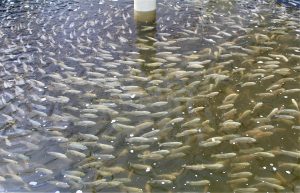
How dietary supplementation with fumaric acid affects Nile tilapia juveniles
Adding fumaric acid effectively promotes growth, improves intestinal morphometry and decreases pathogenic gut bacteria of Nile tilapia juveniles.
The Canadian government has approved a single-cell protein from U.S. biotechnology company KnipBio for inclusion in farmed salmon feeds.

Adding fumaric acid effectively promotes growth, improves intestinal morphometry and decreases pathogenic gut bacteria of Nile tilapia juveniles.
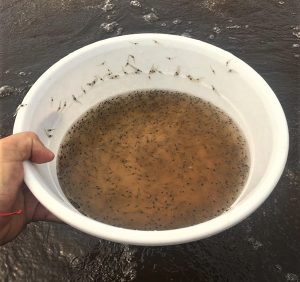
Increasing dietary protein can increase the nutritive value of biofloc, while wheat flour additions can compensate for reduced dietary protein.
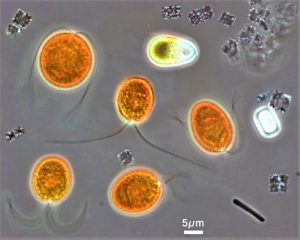
An analysis of the potential and main challenges of large-scale production of microalgae-derived polyunsaturated fatty acids (PUFAs).

Calysseo has launched an industrial-scale facility in China to produce FeedKind® – a microbial protein for the aquaculture market.
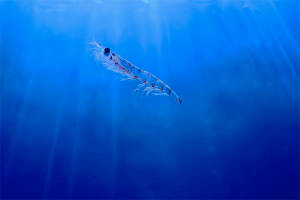
Aker BioMarine announced that the U.S. Food and Drug Administration has approved its krill-based protein meal products for use in salmonid feeds.
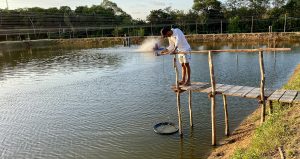
A regenerative fishmeal alternative for shrimp feeds from Ocean Ranch is created by the natural conversion of ammonia to protein.
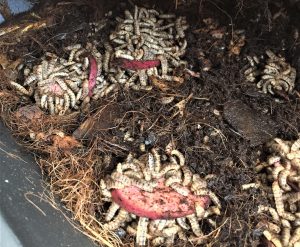
Black soldier fly larvae fed with marine-based substrates displayed an improved lipid profile with higher polyunsaturated fatty acid levels.
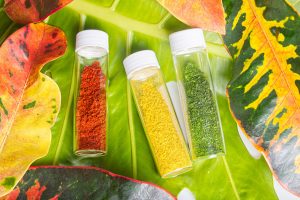
Demand for natural astaxanthin is growing, but prices are prohibitive. A new microalgae technology may unlock an affordable solution for aquaculture.
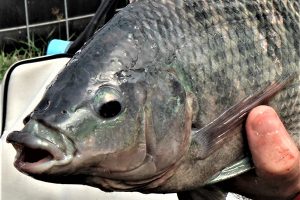
An analysis of the effects of protein and energy intake shows no physiological basis for an optimal P:E ratio for tilapia.
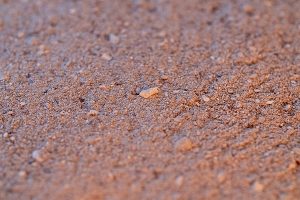
Deep Branch and BioMar will test the performance and digestibility of Proton, a single-cell protein for salmon feeds.
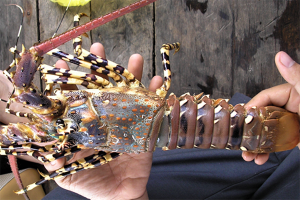
Tropical spiny lobster aquaculture development in Vietnam, Indonesia and Australia is motivating efforts to develop commercial feeds.
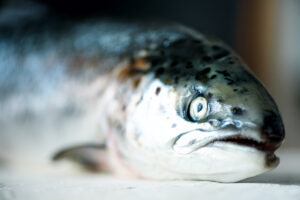
A Nofima report reveals that Norwegian salmon feed producers have started to use novel fish feed ingredients.
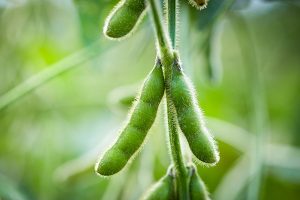
Benson Hill and Denofa are partnering to introduce sustainable soy protein ingredients to the aquaculture fish feed market in Europe.

A new study found that Antarctic krill meal can be a viable supplement to fishmeal in shrimp feeds, offering a sustainable feed alternative.
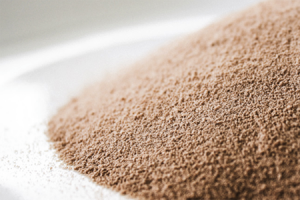
In a trial trout diet conducted with BioMar, Unibio’s microbial feed ingredient Uniprotein was added at up to a 15 percent inclusion rate.